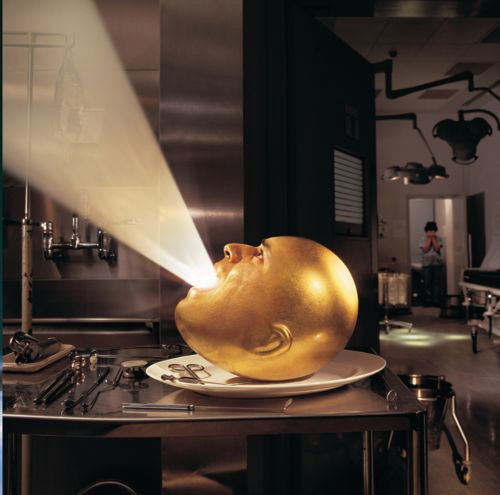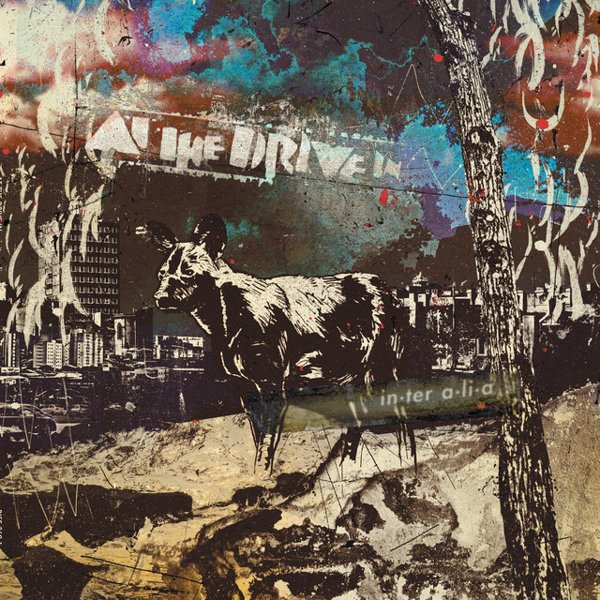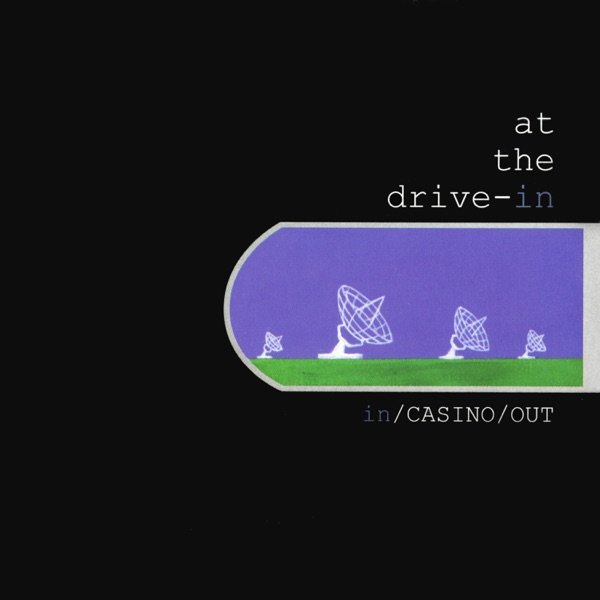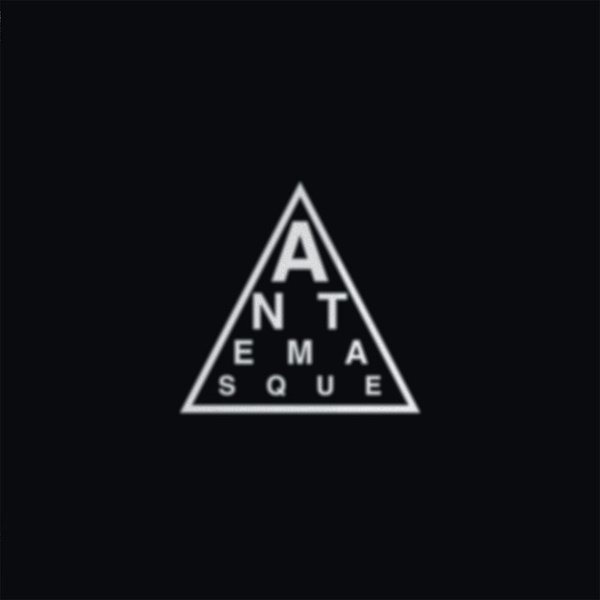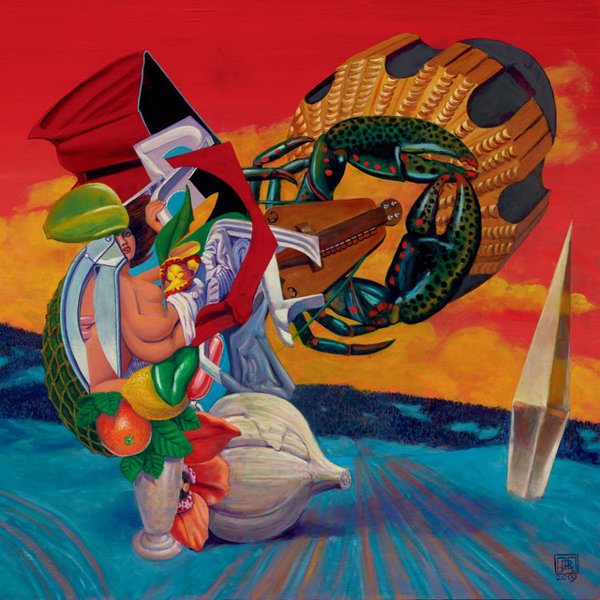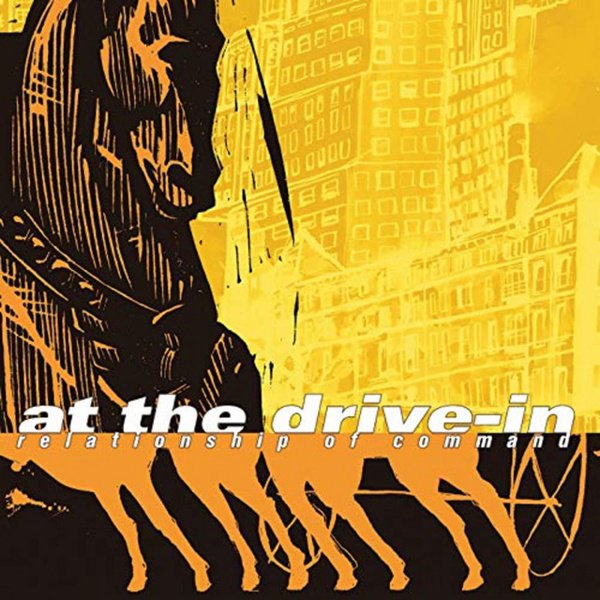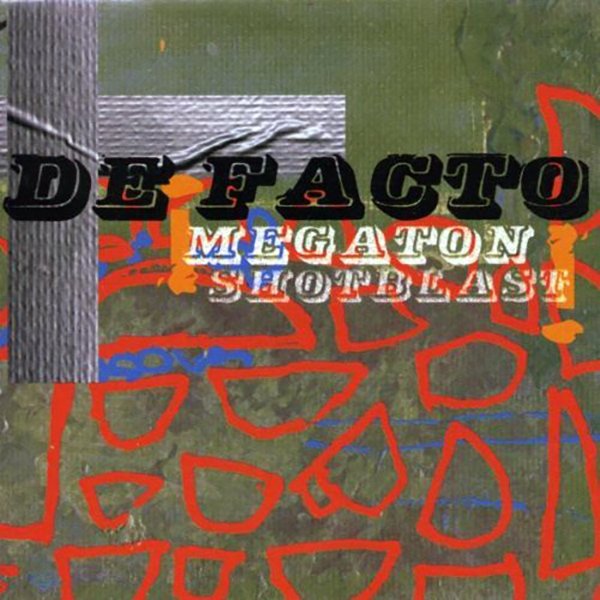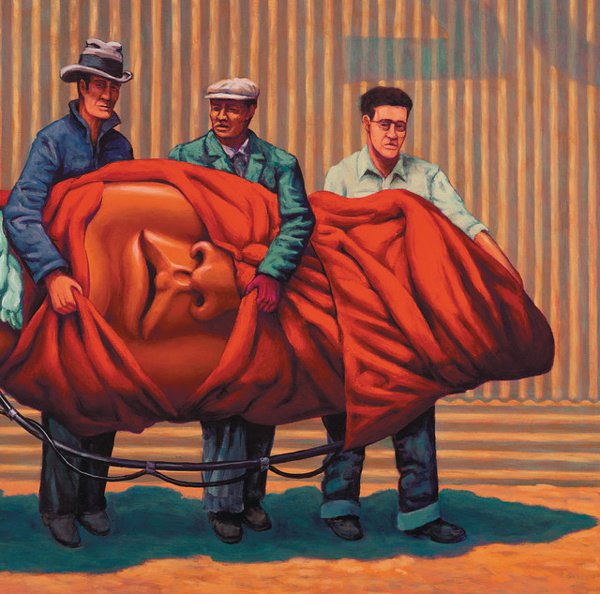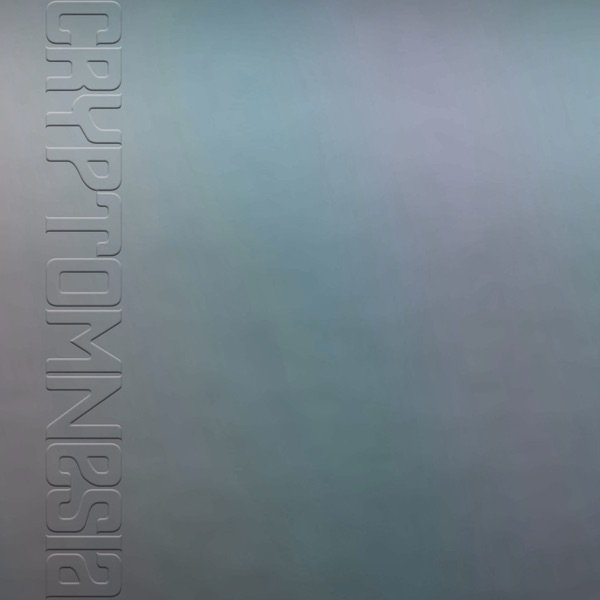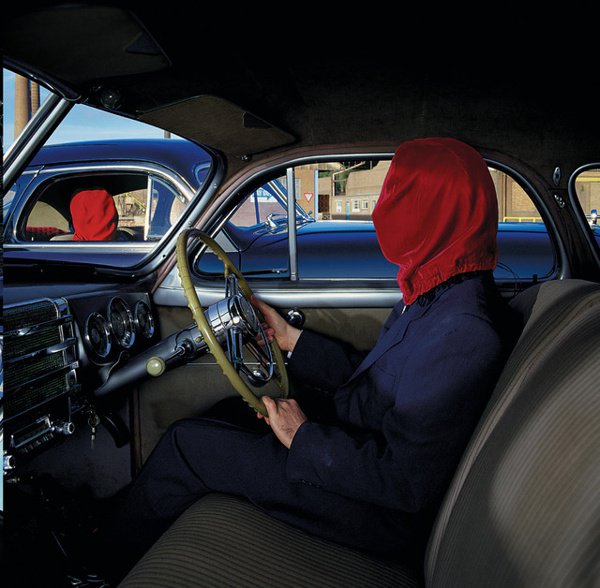The vocalist/guitarist partnership has been the engine of some of rock’s most iconic acts — Mick and Keith, Plant and Page, Axl and Slash, and so on. But far less common is the singer/six-stringer alliance that isn’t rooted to a single band, instead operating as a sort of movable cell, shuttling around among various groups while retaining some key collaborative essence. In modern music, one example towers above the rest: the longstanding tandem of Cedric Bixler-Zavala and Omar Rodríguez-López, the dual nerve center of a string of incendiary and pacesetting outfits, spanning roughly the past 30 years.
After meeting as teenagers in El Paso, Texas, the two first teamed up in At the Drive-In. Bixler-Zavala founded the band with guitarist Jim Ward, but it truly ignited once the singer invited Rodríguez-López to join. The band’s best known lineup cohered on 1998’s In/Casino/Out, with Rodríguez-López switching to guitar from bass, and bassist Paul Hinojos and drummer Tony Hajjar signing on as the new rhythm section. The quintet perfectly united the frenetic and tuneful sides of the prior decade’s worth of post-hardcore, honoring their heroes like Fugazi and Sunny Day Real Estate while pushing the subgenre forward. The band famously collapsed under the weight of hype and expectations but not before it had recorded its magnum opus: Relationship of Command, the album that first revealed to a global audience how potent the combination of Bixler-Zavala’s seething yet soaringly melodic delivery — and surrealistic, sci-fi-infused lyrical bent — and Rodríguez-López’s ferocious yet finely chiseled riffs could be.
After At the Drive-In’s breakup, the pair reengaged with De Facto, which began as an ATDI side project. Here, instead of the frontline, Rodríguez-López and Bixler-Zavala made up the band’s bedrock, handling bass and drums, respectively. Though it bore only a faint resemblance to what came before or after, the experimental dub stylings of ¡Megaton Shotblast! and another 2001 LP showed that our heroes were intent on following their aesthetic compass wherever it led them.
Two years later, their next venture, the Mars Volta, issued De-Loused in the Comatorium, a debut that somehow surpassed peak At the Drive-In, reconciling that band’s post-hardcore fury with phantasmagoric prog-psych. It had been years, maybe even decades, since rock music had sounded at once so urgent and anthemic on one hand, and so epic and intoxicatingly trippy on the other. The band’s palette grew ever broader on subsequent efforts Frances the Mute and Amputechture, incorporating sensuous salsa, heart-rending power-balladry and epic jamming. By the time of 2009’s Octahedron, the project was exploding in all directions, contrasting knotty aggression with moody subtlety, affirming that the Rodríguez-López/Bixler-Zavala partnership could feel equally captivating across its full dynamic spectrum.
The band would eventually splinter, but before that, the two principals also teamed up with longtime Mars Volta bassist Juan Alderete and avant-rock super-drummer Zach Hill in El Grupo Nuevo de Omar Rodríguez-López, offering still more frenetic, head-spinning modern prog. The short-lived Antemasque, which emerged in 2014, in between At the Drive In reunions, whittled away the fat from the sprawling Mars Volta soundworld, leaving only the pair’s catchiest, most driving impulses. Their self-titled debut just might be the most underrated gem in the entire Omar and Cedric catalog.
At the Drive In’s 2017 reunion effort, in•ter a•li•a, was a respectable return to the wired intensity of their initial run. A few quiet years followed, during which Rodríguez-López and Bixler-Zavala apparently fell out over the singer’s embrace of Scientology. When the Mars Volta reemerged in 2022 with a self-titled comeback LP, they were — unsurprisingly, given this pair’s penchant for change — a radically different entity, jettisoning their snarling prog-punk side almost entirely in favor of a lush art-pop palette. Somehow, though, their songwriting felt as sharp as ever — proof that, more than a quarter century in, their partnership still has plenty of room for growth.

